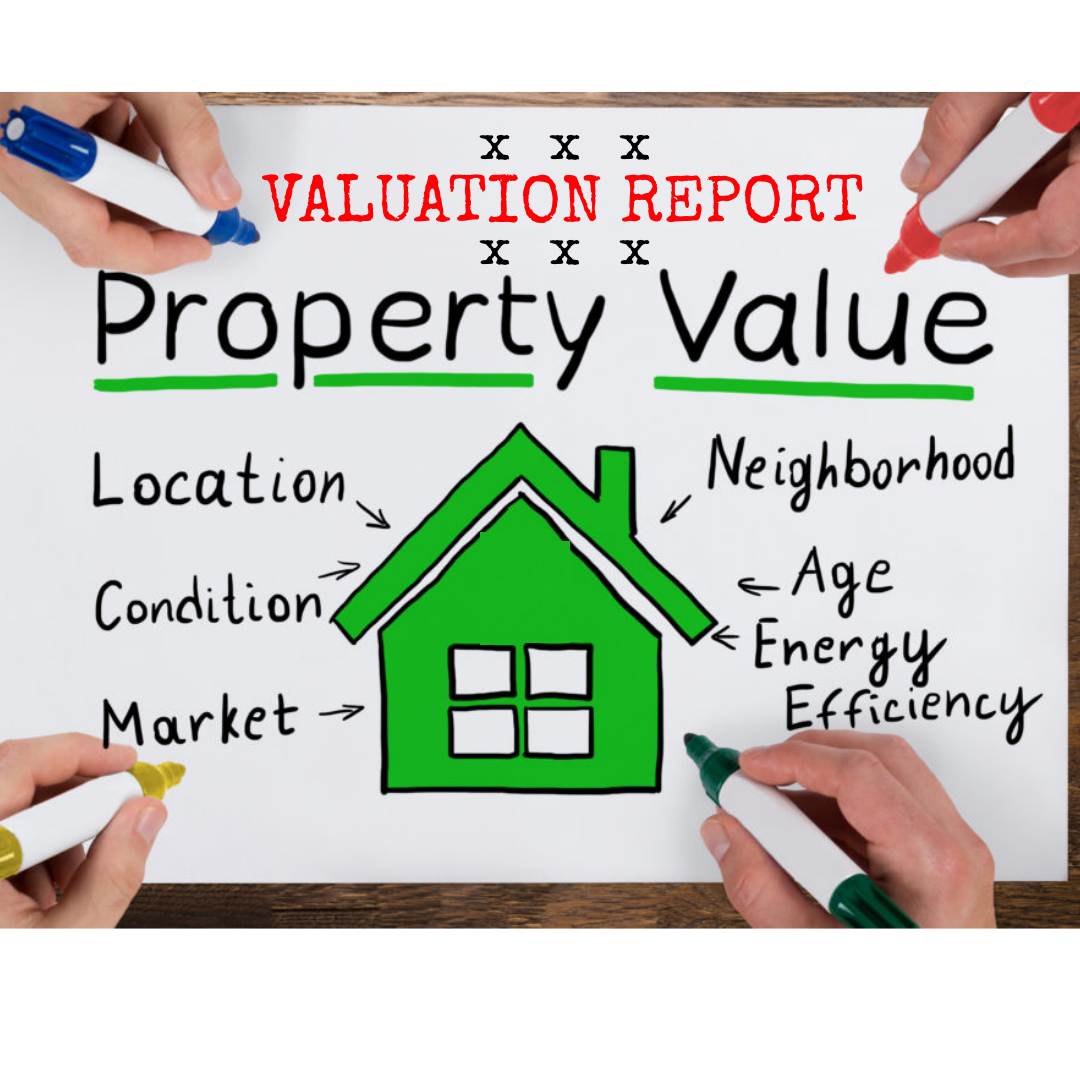Property valuation is a complex process that involves assessing various factors to determine the fair market value of a home. Whether you are buying, selling, or refinancing, understanding the key factors that influence property valuation is crucial.
This document explores the essential elements that appraisers and real estate professionals consider when determining home prices.
1. Location: The Cornerstone of Valuation
Location is often considered the most significant factor influencing property values. Desirable neighborhoods, proximity to amenities, good school districts, and low crime rates contribute to higher property values. Conversely, homes in less favorable locations may see lower valuations.
2. Size and Layout: The Impact of Space
The size of a property, including both the land and the dwelling, is a fundamental aspect of valuation. Larger homes and spacious lots generally command higher prices. Additionally, the layout and functionality of the space play a role. Homes with well-designed, practical layouts are often valued higher.
3. Condition of the Property: Maintenance Matters
The physical condition of a property significantly affects its value. Well-maintained homes with updated features and modern amenities typically have higher valuations. Factors such as the age of the property, the condition of the roof, plumbing, and electrical systems, as well as any recent renovations, all contribute to the overall valuation.
4. Comparable Sales: Market Trends
Appraisers often use comparable sales (comps) to determine a property’s value. Analyzing recent sales of similar properties in the same or nearby neighborhoods helps establish a baseline for the property being appraised. Market trends and the prices of recently sold homes with similar characteristics are key factors in this comparative approach.
5. Economic Factors: Local and National Influences
Economic conditions at both the local and national levels play a role in property valuation. Factors such as job growth, interest rates, and overall economic stability can impact home prices. In times of economic growth, property values tend to rise, while economic downturns may lead to a decline in home prices.
6. Supply and Demand Dynamics: Market Forces
The basic economic principle of supply and demand is integral to property valuation. In areas where demand exceeds supply, property values tend to rise. Conversely, an oversupply of homes in a particular market can lead to a decrease in property values. Understanding the balance between supply and demand is crucial for accurate valuation.
7. Upgrades and Features: Modern Appeal
Homes with desirable features and upgrades often receive higher valuations. Features such as energy-efficient appliances, smart home technology, high-quality finishes, and sustainable design elements contribute to a property’s modern appeal and can positively impact its value.
8. Zoning and Land Use: Regulatory Considerations
Zoning regulations and land use restrictions can affect property values. Understanding the permitted uses of land and any potential restrictions imposed by local authorities is essential. For example, residential properties in areas zoned for commercial use may have different valuations based on their potential uses.
9. Historical and Cultural Significance: Unique Value
Historical or culturally significant properties may carry unique value. Homes with historical architecture, landmark status, or cultural relevance can command higher prices due to their uniqueness and the sense of heritage they bring.
10. Seasonal and Cyclical Influences: Timing Matters
Property values can be influenced by seasonal and cyclical factors. Real estate markets may experience fluctuations based on the time of year, with some seasons traditionally being more active for buying and selling. Additionally, broader economic cycles can impact property values over time.
Conclusion: A Comprehensive View of Property Valuation
Understanding the factors that influence property valuation provides individuals with the knowledge to make informed decisions in the real estate market.
Whether you are a buyer, seller, or investor, recognizing the interplay of location, size, condition, market trends, and other elements contributes to a more accurate assessment of a property’s value.
By taking a comprehensive view of property valuation, stakeholders can navigate the real estate landscape with confidence and make decisions aligned with their financial goals and objectives.
